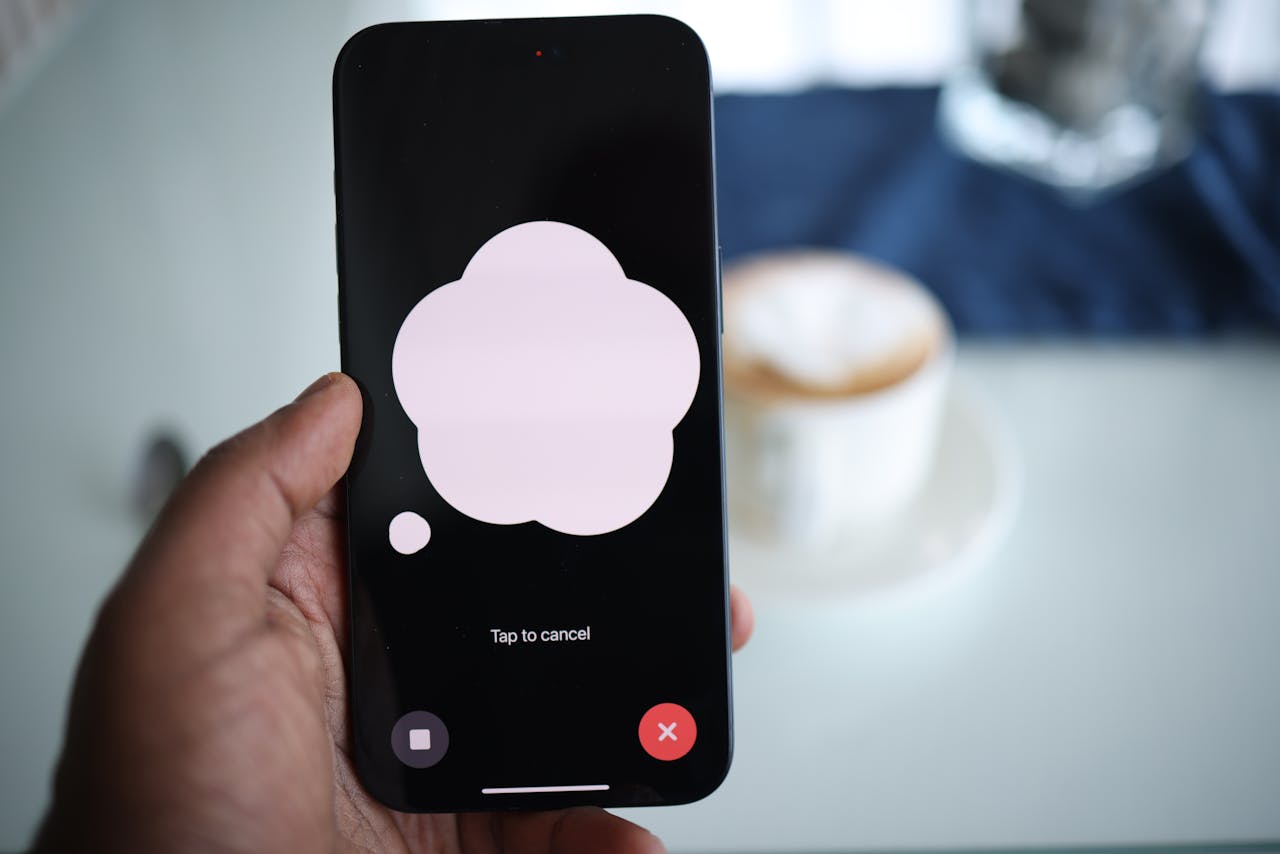Write Us: hello@ali5.org
Testing AI Voice Assistants in 2025 – Which One Actually Gets You?
Which AI voice assistant truly understands you in 2025? We tested Siri, Alexa, Google Assistant, and more to find the smartest, most human-like option today.

Let’s be honest. Voice assistants have come a long way since the days of yelling “Hey Siri” five times just to set a timer. But here in 2025, with AI baked into nearly every device, the real question isn’t which assistant can answer a trivia question the fastest. It’s this: which one actually gets you?
In other words, who’s really helping you live smoother, smarter, and with less shouting?
We spent time living with the top AI voice assistants of 2025—Siri, Alexa, Google Assistant, and newcomers like Samsung’s Bixby+ and OpenAI’s Whisper and tested them in real homes, during real chaos: spilled coffee, grocery runs, last-minute meetings, and yes, toddler tantrums.
Here’s what we found.
1. Siri (Apple Intelligence) – Smarter, But Still in Its Bubble
Where it shines:
Siri finally got the glow-up we’ve all been begging for. Apple’s new “Apple Intelligence” brain gives Siri context across apps and time. It can summarize your morning emails, pull up a photo your friend sent “last week about that restaurant,” and even draft messages that sound (almost) like you.
Where it slips:
Apple’s privacy-first approach is great, but it limits Siri’s ability to truly learn you over time. It doesn’t integrate well with third-party apps unless you’re deep in the Apple ecosystem. And it still feels like Siri’s trying to stay polite while missing the point.
Best for:
Loyal Apple users who want consistency and privacy, not necessarily deep personalization.
Our rating: 7.5/10
2. Alexa – The Reliable Roommate
Where it shines:
Alexa remains the best home automation assistant by far. It can control everything from your lights to your lawnmower and even your microwave. It now handles complex routines better, like dimming lights, locking doors, playing sleep sounds, and reading headlines when you say “goodnight.”
Where it slips:
Alexa still struggles with more nuanced, conversation-like requests. Try asking it for “that song I was humming yesterday” or “remind me what I was doing last Tuesday at 3 PM,” and you’ll probably get a weather forecast instead.
Best for:
People with smart homes or families who need reliable voice control across devices.
Our rating: 8/10
3. Google Assistant – The Memory King
Where it shines:
No surprise here, Google wins on memory and search. You can ask it to “book a table at that Thai place I went to in February” or “remind me where I parked last week,” and it nails it. It also understands multiple languages better than any other assistant, making it great for bilingual households.
Where it slips:
Its personality is still a bit… clinical. And as Google merges AI into Gemini across platforms, there’s growing confusion about whether you’re talking to Assistant or another AI function. It can also get tripped up with overlapping smart devices.
Best for:
Users who rely heavily on Google services and want memory-first AI.
Our rating: 8.2/10
4. Bixby+ (Samsung) – The Underdog Surprise
Where it shines:
Samsung’s Bixby used to be the punchline. Not anymore. With Bixby+, Samsung integrated deep AI learning from its Galaxy AI suite, and now it understands context like never before. It can switch your phone to “focus mode” when it sees you entering a calendar event titled “interview,” and it adjusts your smart TV settings based on your sleep cycle.
Where it slips:
It still feels clunky in speech, responses aren’t as fluid, and accents can throw it off. And if you’re not using a Samsung ecosystem, Bixby isn’t even an option.
Best for:
Samsung device users who want integrated smarts and proactive suggestions.
Our rating: 7.8/10
5. Whisper AI (OpenAI) – The Most Human (But Not Perfect)
Where it shines:
Whisper is the wildcard. It feels less like a voice assistant and more like a quiet, intuitive companion. Whisper can hold flowing conversations, remember preferences across time and platforms, and even detect tone changes in your voice. It integrates well with apps like Spotify, Notion, and Gmail, and it doesn’t mind if you ramble a bit.
Where it slips:
It’s still new, and some features feel experimental. It also raises privacy concerns. Whisper learns deeply from your behavior, which can make some users uneasy. Plus, it’s not baked into most hardware (yet), so you often need a dedicated app or device.
Best for:
Users who want a conversational, deeply adaptive AI experience and don’t mind being early adopters.
Our rating: 8.5/10
So, Which One Actually “Gets You”?
That depends on what “getting you” means to you.
-
If you want privacy and a consistent vibe across devices: Siri.
-
If you want a home, you can talk to Alexa.
-
If you want an assistant with a memory like an elephant: Google Assistant.
-
If you’re team Samsung and want smart automation: Bixby+.
-
If you want a more human-like AI buddy: Whisper.
Here’s the thing: no assistant is perfect. But the gap between “robotic” and “relatable” is finally starting to close. In 2025, these assistants aren’t just setting timers and playing playlists. They’re starting to think like you, anticipate your needs, and fit into your life the way real assistants should.
Final Thoughts
What this really means is: AI voice assistants are no longer just about convenience, they’re becoming personality mirrors. The more time you spend with one, the better it molds to your habits, rhythms, and quirks.
So if you’re shopping for a smart assistant, don’t just ask, “What can it do?” Ask: “Will it grow with me?”
And maybe, just maybe, it’ll stop getting your name wrong.







